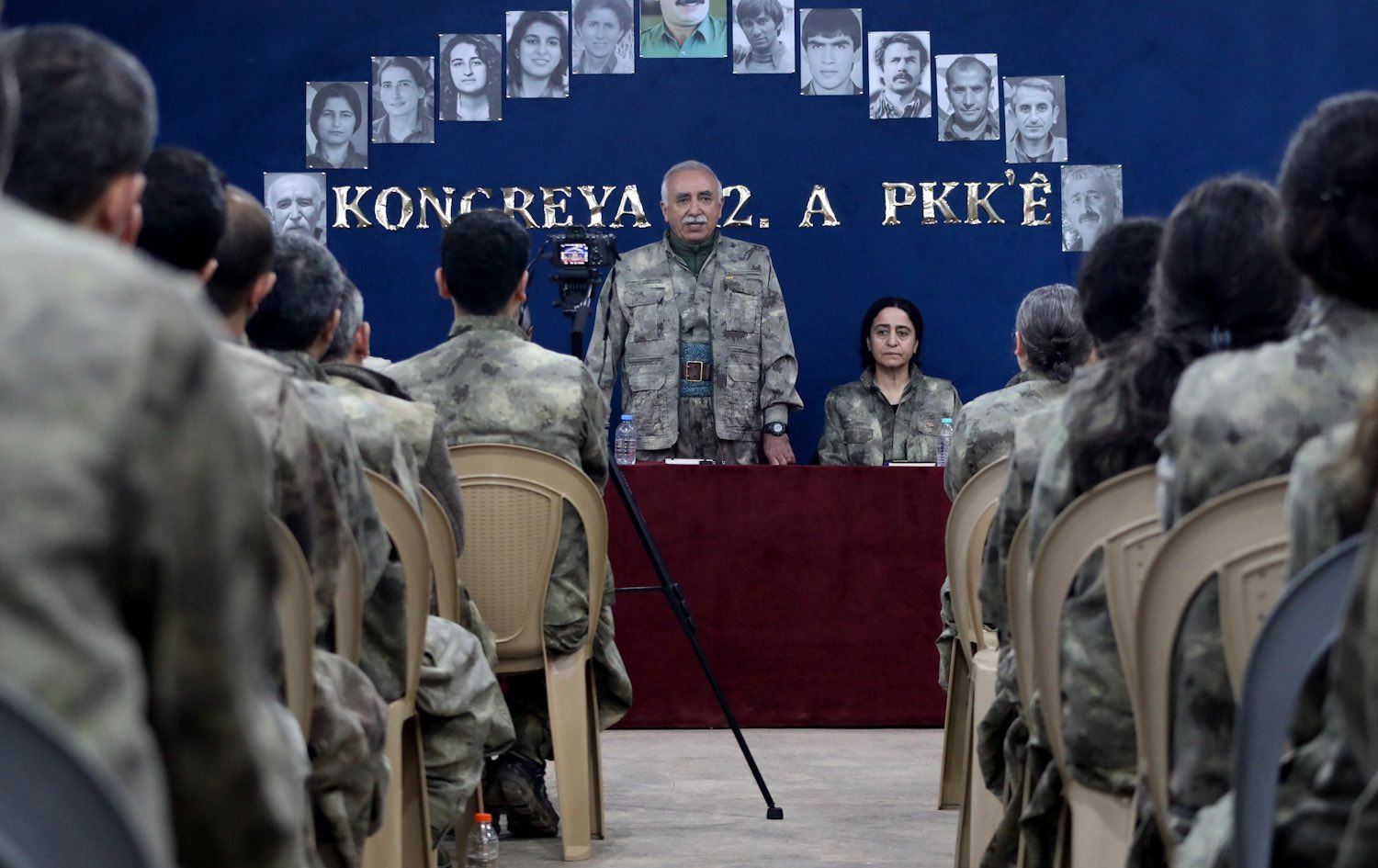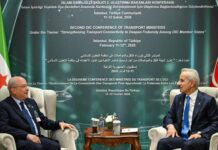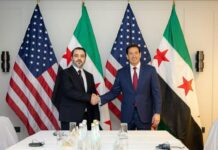
The decision by the Kurdistan Workers’ Party (PKK) to dissolve itself and end its four-decade armed insurgency against Turkey marks a significant shift in the region’s security dynamics and has sparked questions about the future of its affiliates in Syria, especially the Syrian Democratic Forces (SDF), the Democratic Union Party (PYD), and the Women’s Protection Units (YPJ).
The Firat News Agency, which is closely aligned with the PKK, reported Monday that the group’s leadership declared the end of its organizational structure and armed campaign following a party conference in northern Iraq. The move came in response to a public appeal by its imprisoned founder, Abdullah Ocalan. Turkish President Recep Erdogan welcomed the decision as a “very important step,” but said his government would “closely monitor” its implementation.
Syria’s Northeast at a Crossroads
In Syria, where PKK-linked groups control large swaths of the northeast, the dissolution has immediate implications. SDF commander Mazloum Abdi praised the move, calling it “a new phase of politics and peace.” In a statement shared via social media, he added, “We are confident that this step will pave the way for important progress in the region.”
Abdi had previously signaled a willingness to transition fighters—many of them non-Syrian—out of the area if hostilities with Turkey cooled. He signed an agreement in March with Syrian President Ahmad al-Sharaa aimed at integrating the SDF into Syria’s national military framework. Yet implementation has been slow, hampered by demands for decentralization and local autonomy that Damascus has rejected.
Damascus Eyes Reintegration, Warns Against Divisive Projects
Syrian Foreign Minister Asaad al-Shaibani, speaking in Ankara alongside his Turkish counterpart Hakan Fidan on April 12, said the Syrian government expects “sincere will” from the SDF to allow state institutions to resume work in the northeast. “We expect the other side to meet us sincerely and allow citizens to return to their areas,” he said.
The Syrian presidency echoed those concerns, emphasizing that any restructuring must avoid attempts to establish separate political entities under the guise of federalism or self-administration. The statement warned that monopolizing national resources or blocking access to public services would “weaken national unity and sovereignty.”
Regional Implications and Future Challenges
Analysts expect the PKK’s dissolution to prompt a reassessment of US-backed Kurdish forces in Syria, many of which have organizational and ideological ties to the PKK. Shalal Kaddo of the Kurdish Center Party in Syria told Al-Araby Al-Jadeed that the development “removes many pretexts” used by opponents of Kurdish political engagement and could accelerate reconciliation with Damascus.
Political researcher Bassam Suleiman noted the growing urgency among Syrian Kurds to strike a political deal as the US signals a gradual withdrawal. “The Kurds realize that US presence is not indefinite,” he said, warning that long-standing tensions within the SDF—between Syrian and foreign elements—may come to a head. The challenge now lies in how groups like the SDF and PYD navigate the transition from their militant roots to a political role within the Syrian state.








